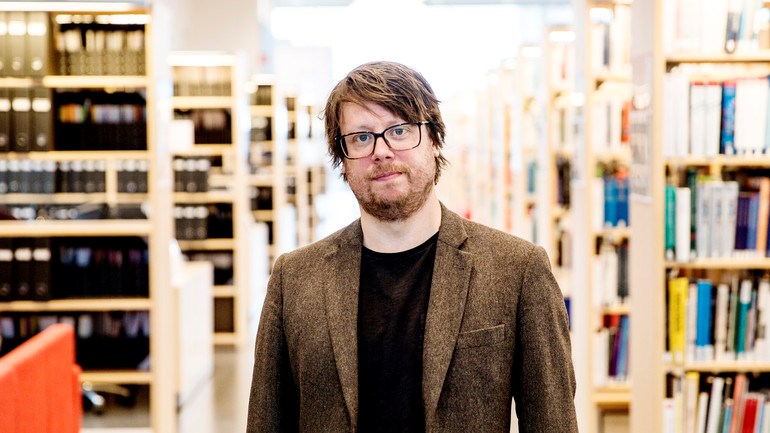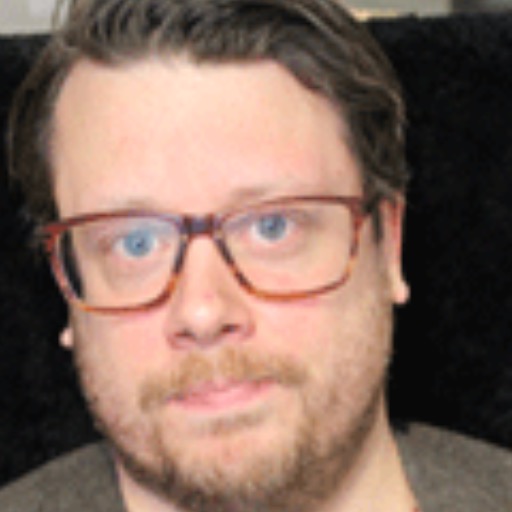Is the joy of education in the unknown?

Associate professor, Johan Dahlbeck
Not knowing what the goal is can be crucial to getting started, says Johan Dahlbeck, who has written a book on the concept of fictionalism where he explores the idea of teaching without fully knowing or explaining what the knowledge will lead to.
“When children are introduced to school, a lot of it is about getting started, learning to read, write and count. It is not entirely clear what they will use these skills for, but everyone knows that there is a lot at stake,” says Dahlbeck, associate professor at the Department of Childhood, Education and Society.
The relationship between teacher and student is based on a temporary bond. We cannot know what becomes of our students after the pedagogical relationship has ended.
Johan Dahlbeck
In his book, Fictionalism: The Art of Teaching Truth Disguised as Lies, Dahlbeck draws heavily on his own experience. He uses a memory of a book given to him as a teenager by a teacher, a gesture which had a great impact on him. The memory eventually became the starting point for an idea that education is, to some extent, about offering new paths without being able to know or explain exactly where those paths lead.
“How do we enable each other to take the step to start? People who make assumptions about atoms, for example, they start somewhere without knowing where they will end up. It starts with a fiction that helps to get the ideas going. As the ideas develop, a fiction can become a hypothesis that we can then test. Then it is no longer a fiction, and we need to let it go.”
The basic idea is that a fiction is always temporary, that we are aware of this and that we rely heavily on ourselves when establishing pedagogical relationships. One theme in the book is about which fictions are then productive, which are not, and how to distinguish between them.
“The relationship between teacher and student is based on a temporary bond. We cannot know what becomes of our students after the pedagogical relationship has ended. The point is therefore to focus more on the starting point and what we want to strive for. This goes against much of the contemporary view of education and the constant demand for measurable results. It's more about how I as a teacher can get pupils or students to start striving for something that is, at least initially, shrouded in mystery.”
A large part of teachers' work is to both relate to and select valuable fictions. When pupils or students undergo a transformation through education, fictions offer a concrete starting point. However, we can never stay there; it is just a temporary starting point for a quest to better understand the world. The teacher is central here, partly because the teacher can point out valuable fictions and also offer bridges between them and a greater understanding of the part of the world being studied.
“It is a pedagogical gesture to offer openings for people and say that I can show a path just like my secondary school teacher did for me with the book. If I explain something to you, it is easy to ignore it, but if I can arouse your interest with a pedagogical gesture so that you want something for yourself, it has a much greater power," adds Dahlbeck.
Text: Marc Malmqvist & Adrian Grist
